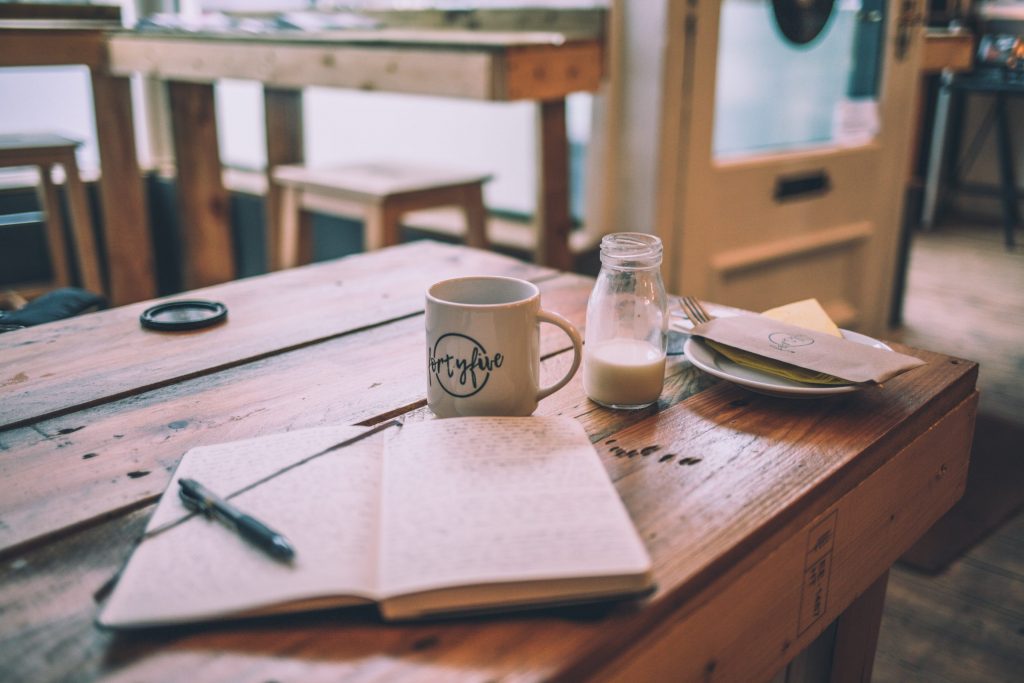Self-love. What does that mean to you? Taking long baths, painting your nails, having a massage? While these things make you feel better, there’s much more to it...
Self-love means being kind to yourself instead of undermining yourself with negative self-talk, berating and belittling yourself, especially when things go wrong. Self-love is also about allowing the deeper parts of you to come out – your spiritual side, your creativity, your purpose. It means taking your dreams seriously and making time to follow your passions. You are worth it and must take the lead on loving yourself, if you want to be truly happy, healthy and fulfilled.
Self-love retreat leader and writer Charlotte Haigh explains more: ‘People often think self-love means looking after yourself - having nurturing time alone, eating nutritious food, exercising and so on. But that's self-care, which is certainly an element of self-love but far from the whole. In simple terms, it's about being your own best friend. This can be surprisingly tough - most of us judge ourselves far more harshly than we ever would our friends. Self-love is seeing your own unique inner and outer beauty, forgiving yourself when you make mistakes (as we all do), having compassion for yourself and also (this is key) knowing the difference between what you want and what's good for you.’
But why do we treat ourselves so badly in the first place? Dr David Hamilton, author of I Heart Me: The Science of Self-love (Hay House) says it’s because, ‘most people spend most of their time in a state of consciousness that says, ‘I’m not good enough’ – or more simply, ‘I’m not enough’.’
He puts this down to being shamed by our parents’ unconscious parenting style; being criticised by anyone, which we never forget and let it cloud everything we do; and by observing the self-esteem of our significant carers and often copying.
But, says Hamilton, ‘self-love is wider than self-esteem. It contains self-compassion... When we have true self-love, when disappointment comes, we understand that it’s ok. These things happen. We know we aren’t a failure it’s just that something hasn’t turned out quite right. We understand that we need support, kindness and compassion and we’re entitled to it. So we offer ourselves support and kindness…doing so because we know we deserve it. We
are enough.’

Playing It Small
However, many of us also have a very negative association with loving ourselves. Wellness coach Mel Wells, author of
Hungry for More (Hay House), agrees: ‘Most of us still have a twisted perception of self-love because we have been taught that the accusation, ‘she loves herself so much’ is a heinous crime and one we should be ashamed of.’ As a result, Wells, like so many of us, ‘tried desperately to fit in, dimming my own light so I never shone so brightly that people might think I was full of myself.’
Hamilton adds, ‘Unfortunately, a consequence of not wanting to be ‘too big for your boots’ can be a lifetime of playing small and apologetic, which gives birth to a sense of not enough and also interferes with achievement.’
First we need to stop the negative self-talk. When things go wrong, how many of us say harsh things to ourselves, such as, ‘I’m such an idiot!’ or ‘I’m never going to be any good at that’? But it’s okay to have a bad day or to make mistakes. There’s need to take it personally, or be unhappy because we feel unsuccessful, single or skint. We can always take positive action to change the was we see our situation.
On her self-love Retreat with Charlotte and Sarah, Haigh suggests a helpful exercise:
‘If you're struggling with something, whether it's a breakup or a difficult job situation, write down what you're telling yourself. Really unleash your worst fears about yourself - don't hold back. Then write a short letter to that critical, fearful voice. Have compassion for it - don't tell it off, as it's only trying to keep you safe. Acknowledge that but explain you're not going to listen to it anymore as you know better now. Next, from your voice of compassion, write another letter to yourself about the difficult situation. Pretend you're writing to a good friend and write with care, understanding and love.’

Hamilton believes self-compassion is key to loving yourself: ‘Self-compassion is an antidote to self-criticism. It’s having compassion for yourself. It’s taking action to relieve disappointment, sometimes with a few kind thoughts or words for yourself, sometimes with a hot bath.’ The key is doing whatever makes you feel better.
Find Out More
The next Retreat with Charlotte & Sarah residential retreat is in Norfolk in November. They also run regular day retreats in London and Essex.
www.charlottehaigh.me
Ink Academy - www.inkacademy.co.uk

 Hamilton believes self-compassion is key to loving yourself: ‘Self-compassion is an antidote to self-criticism. It’s having compassion for yourself. It’s taking action to relieve disappointment, sometimes with a few kind thoughts or words for yourself, sometimes with a hot bath.’ The key is doing whatever makes you feel better.
Hamilton believes self-compassion is key to loving yourself: ‘Self-compassion is an antidote to self-criticism. It’s having compassion for yourself. It’s taking action to relieve disappointment, sometimes with a few kind thoughts or words for yourself, sometimes with a hot bath.’ The key is doing whatever makes you feel better.



